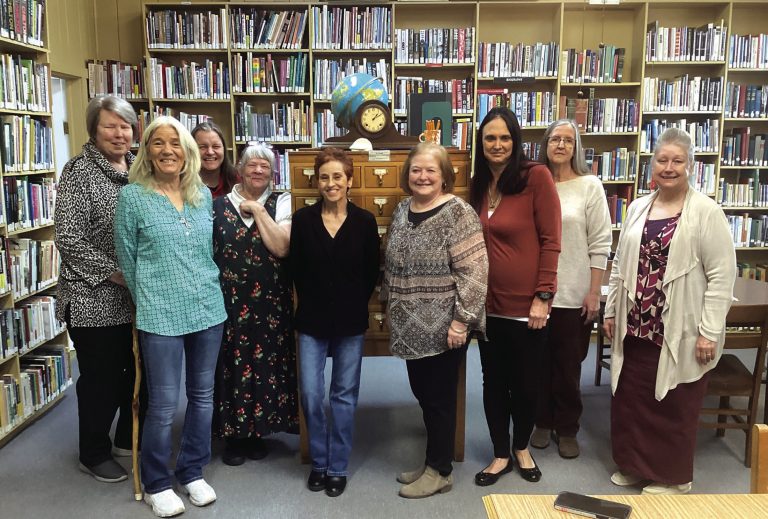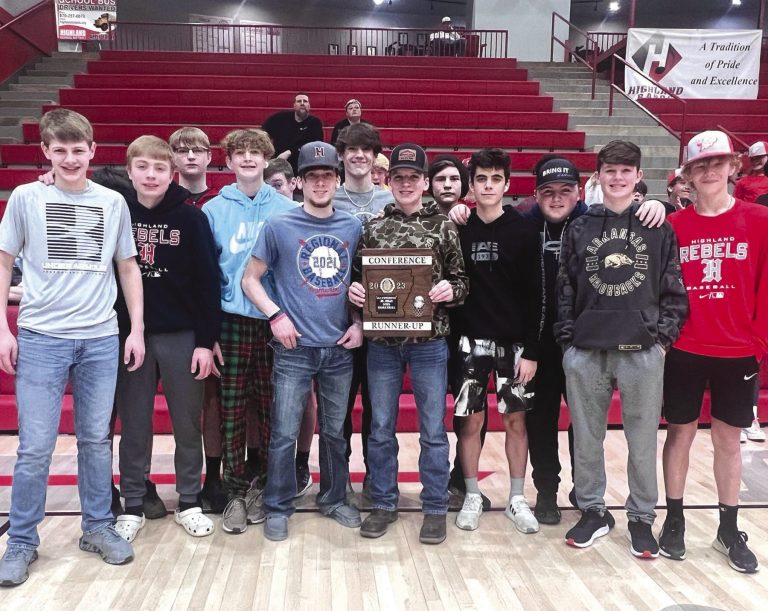Little Rock, Ark. (Feb. 6, 2023) – Arkansas Black Hall of Fame Foundation, in partnership with Arkansas Community Foundation, is awarding grants to programs that benefit African American or underserved populations in Arkansas. Nonprofits with programs focusing on education, health and wellness, youth development, strengthening families and economic development are eligible to apply. Proposals will be accepted online now through April 1. “We are especially grateful to our donors whose consistent support allows usto make grants to grassroots organizations throughout Arkansas. It is critically important that we continue to support organizations facing new challenges created by the pandemic,” said Charles Stewart, ABHOF Chair. “Typically, our grants range from $1,000 to $2,500, but may approach $5,000 in special circumstances. There are many nonprofits working tirelessly in communities throughout Arkansas to improve the quality of life for its citizens.”



